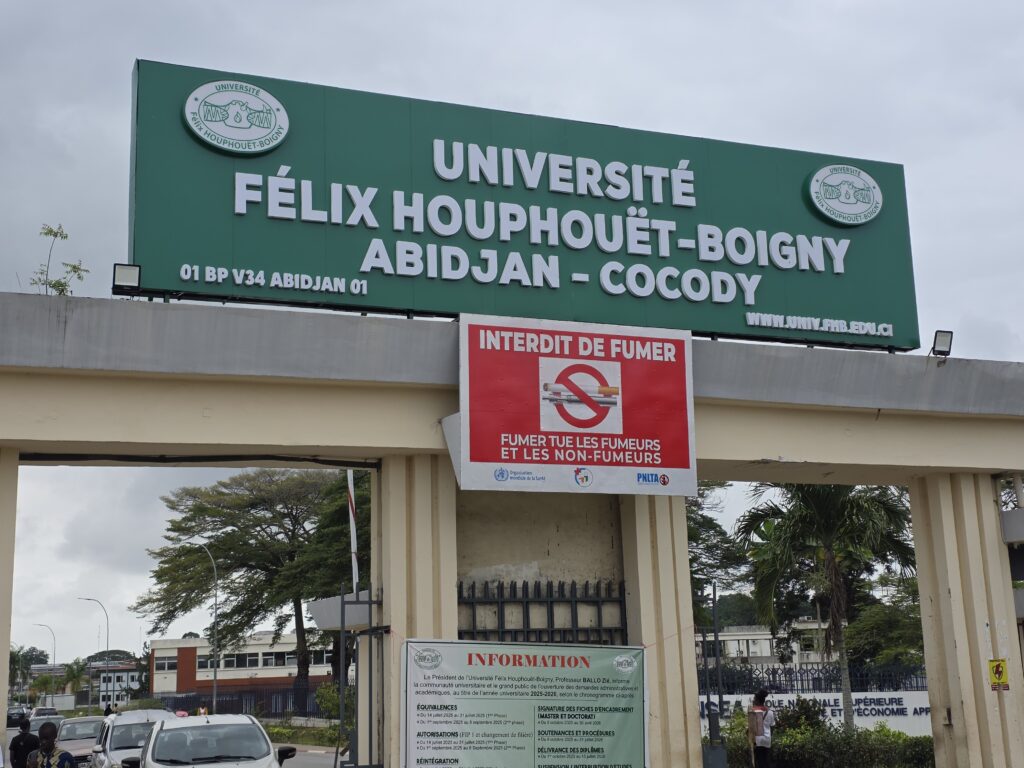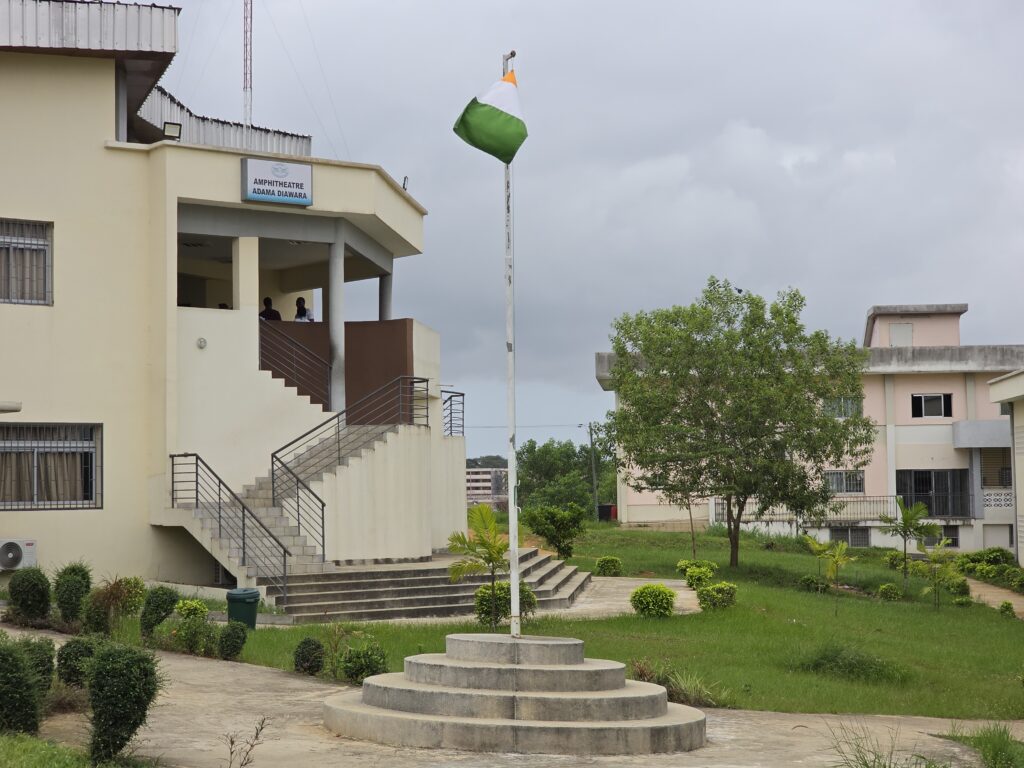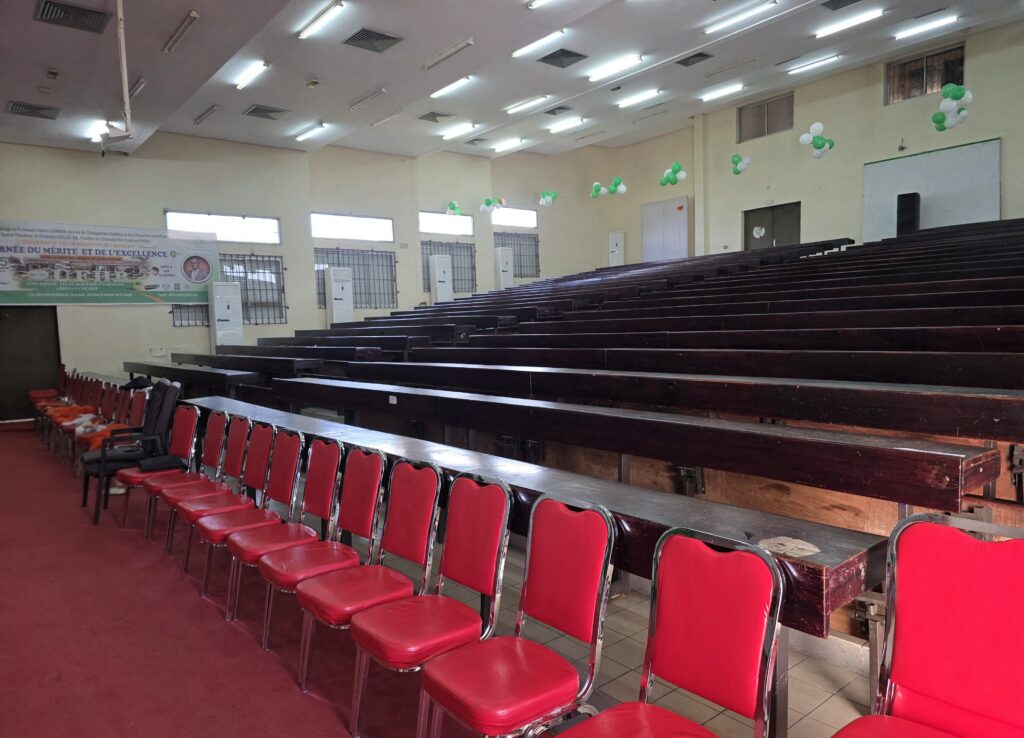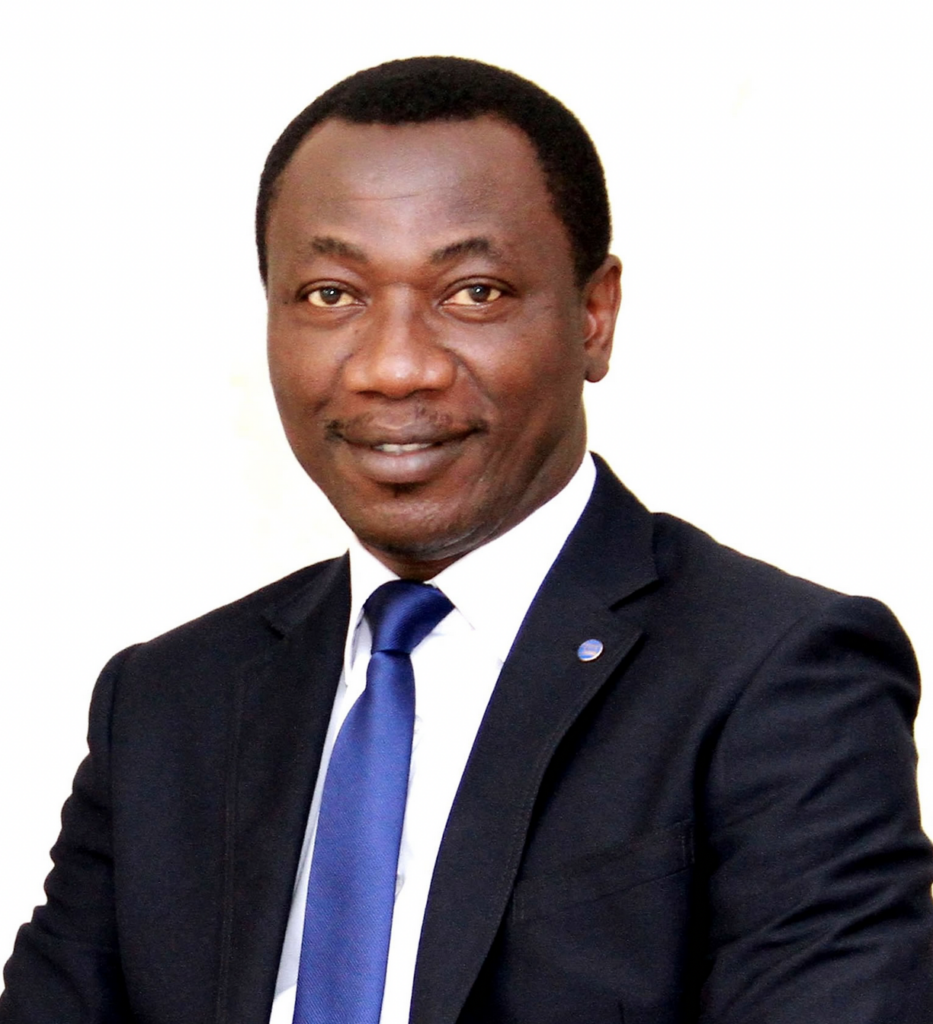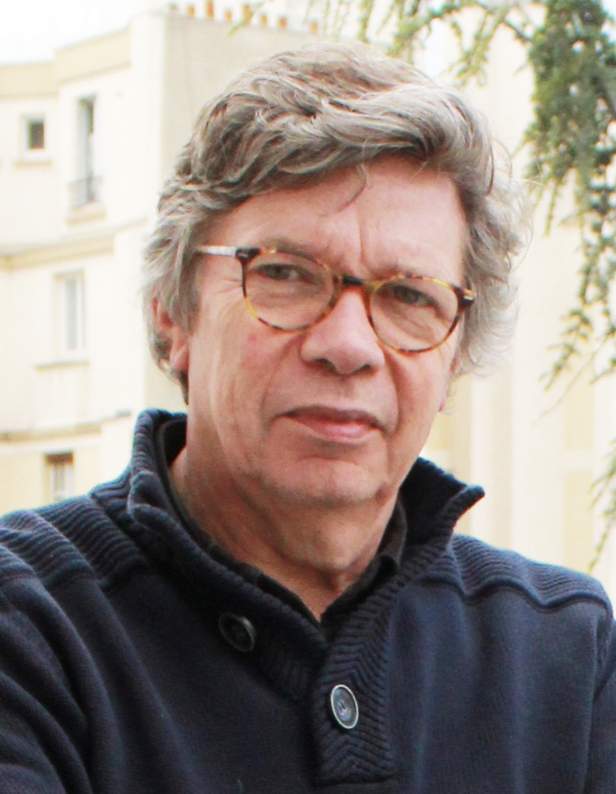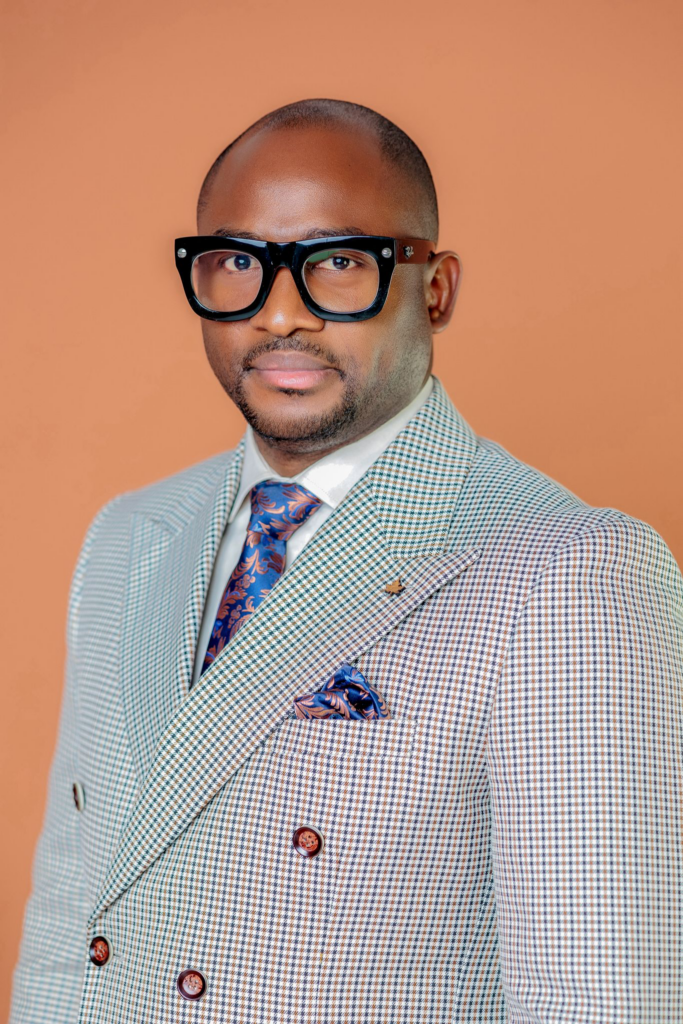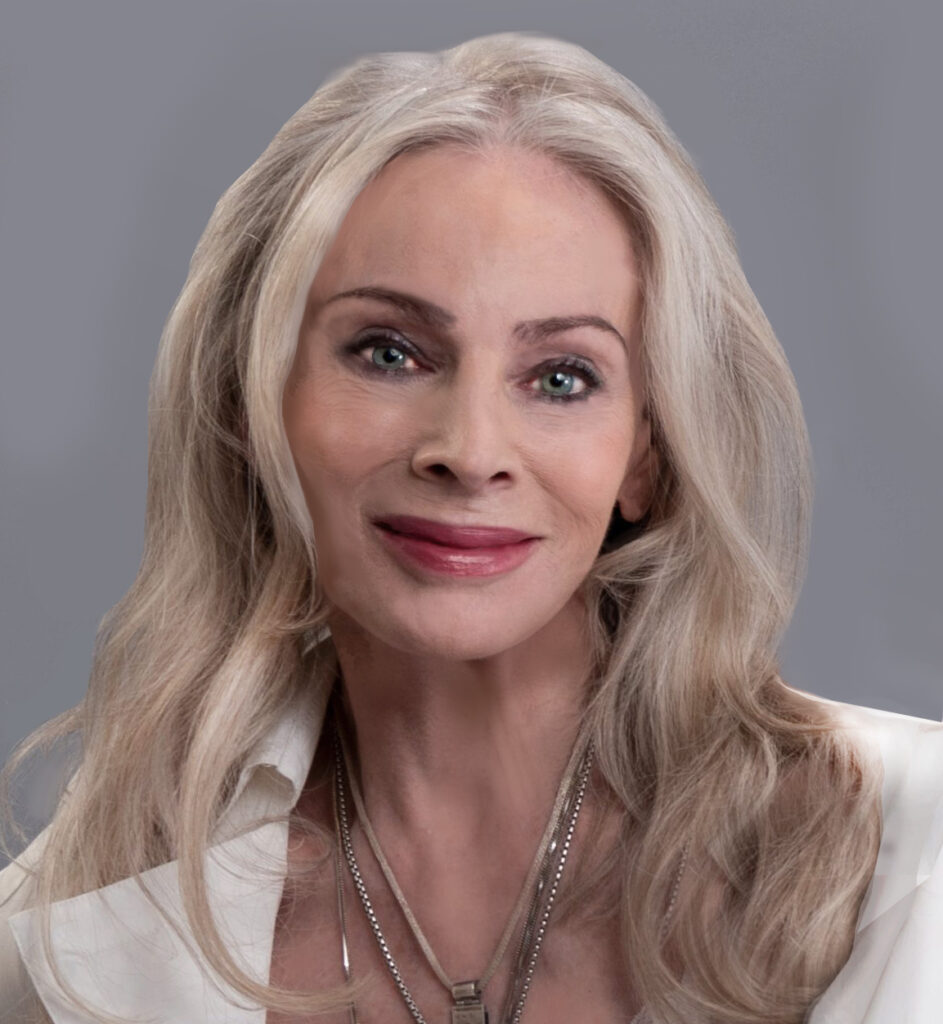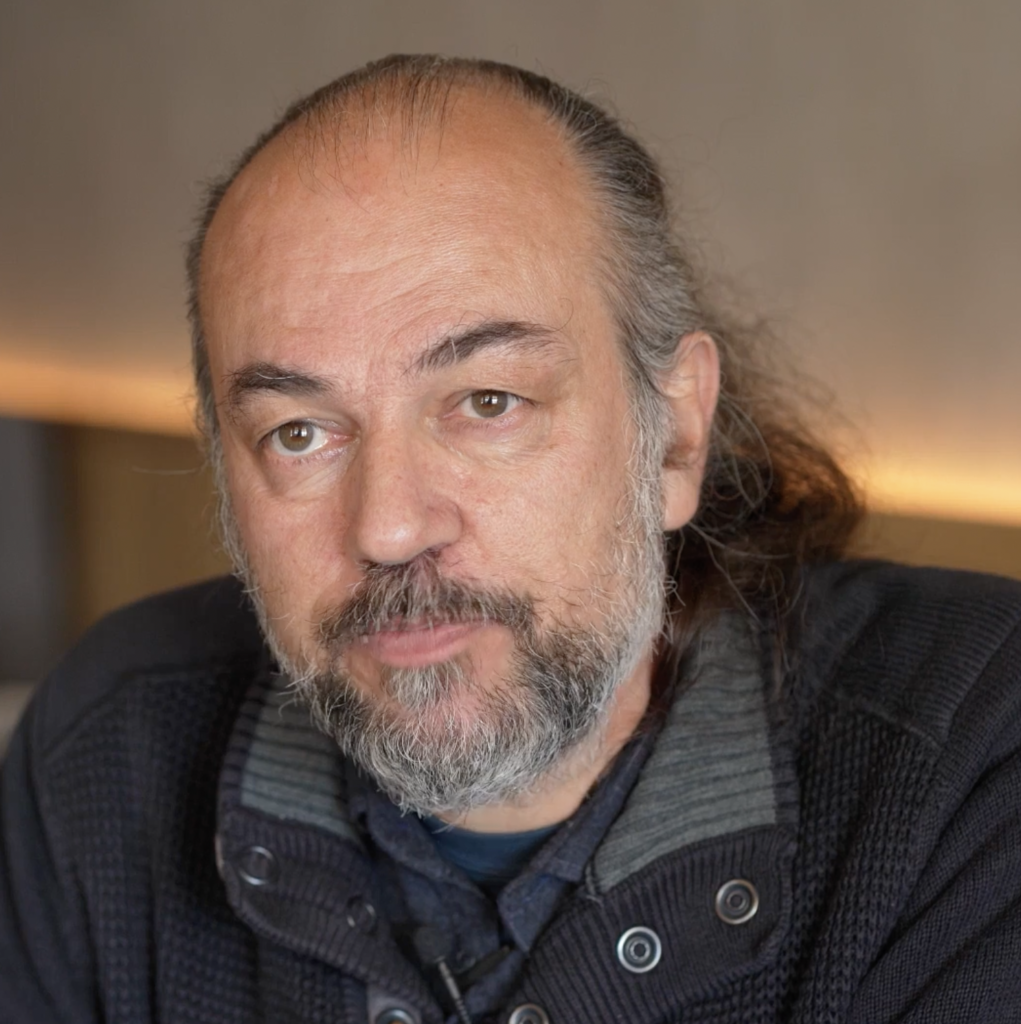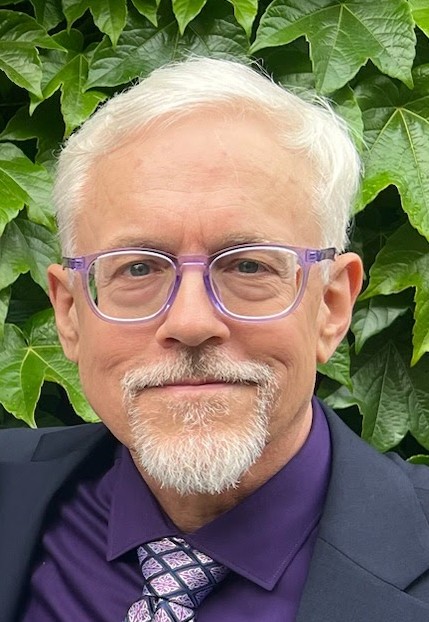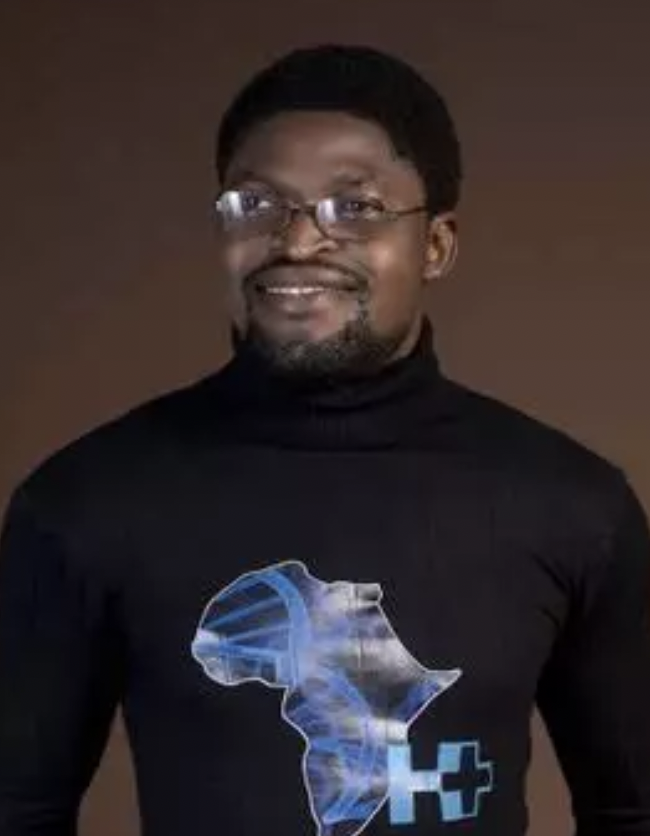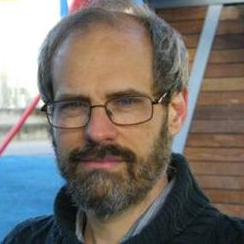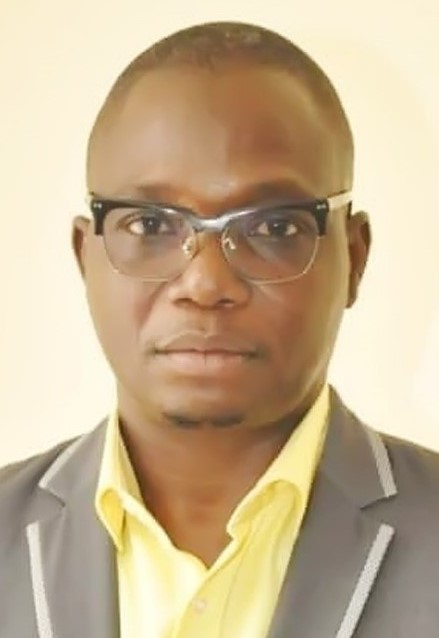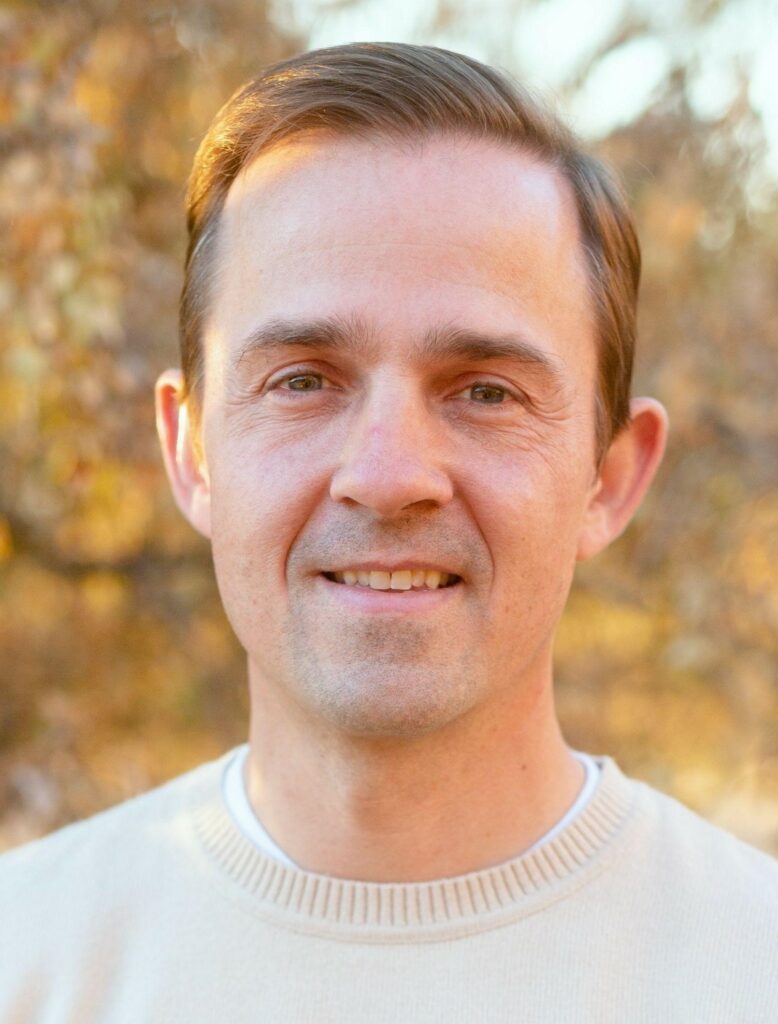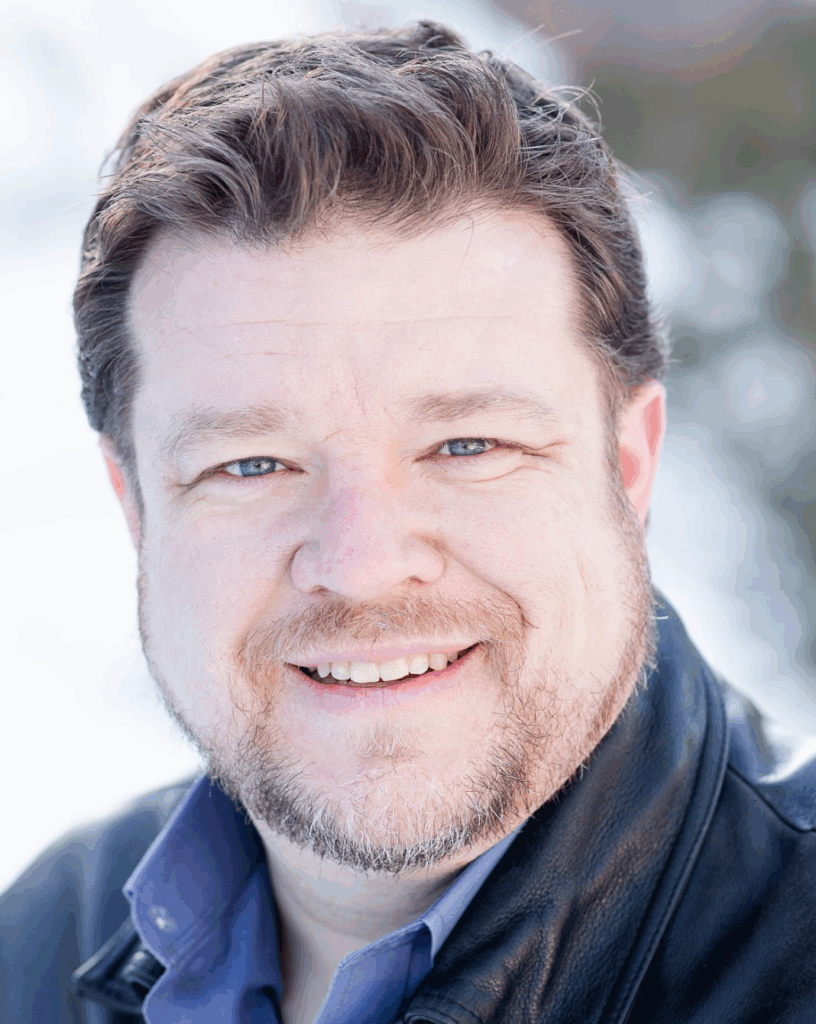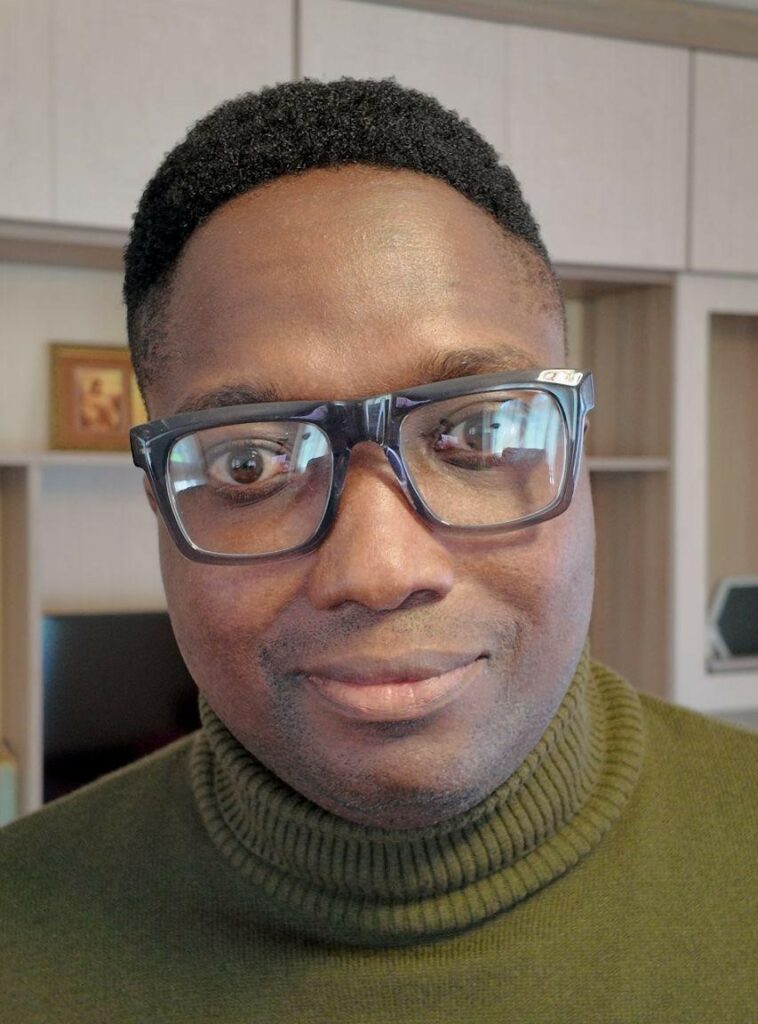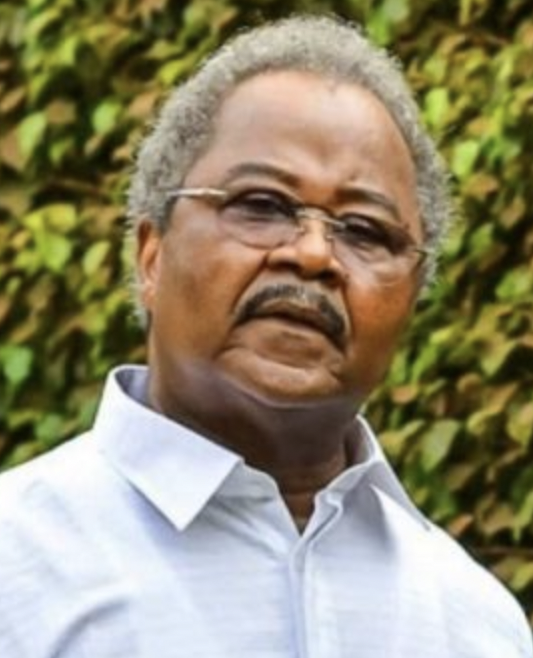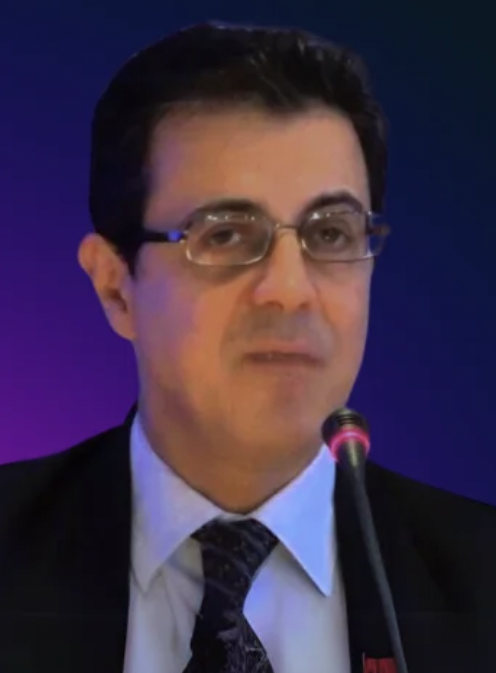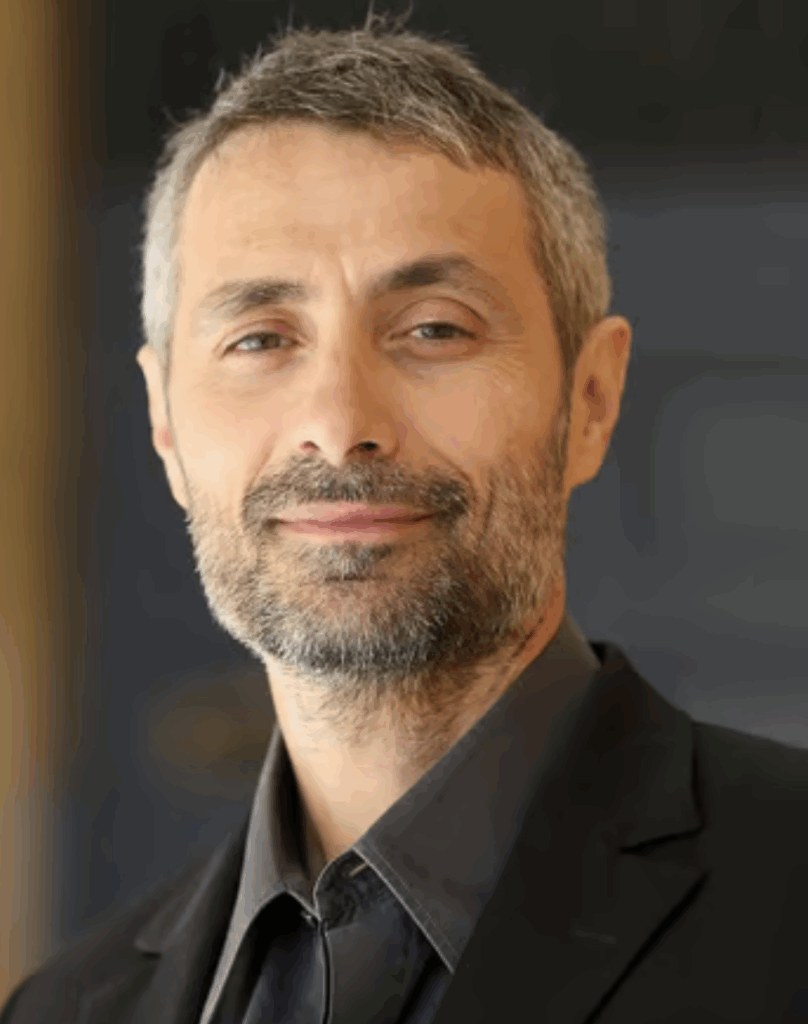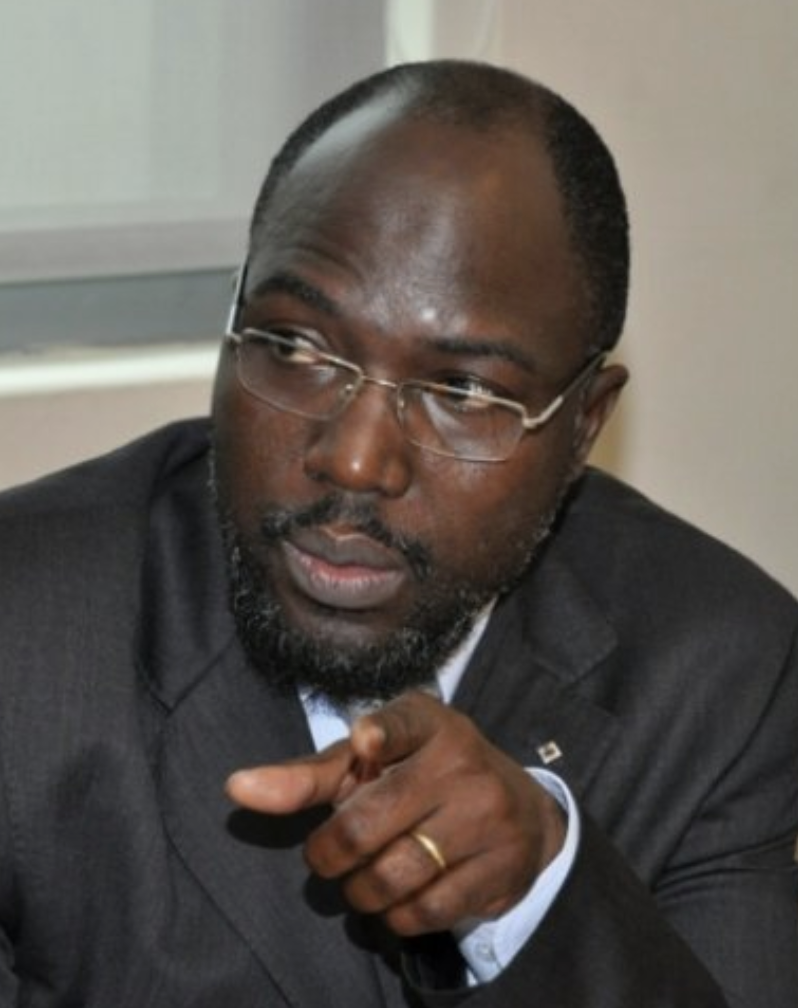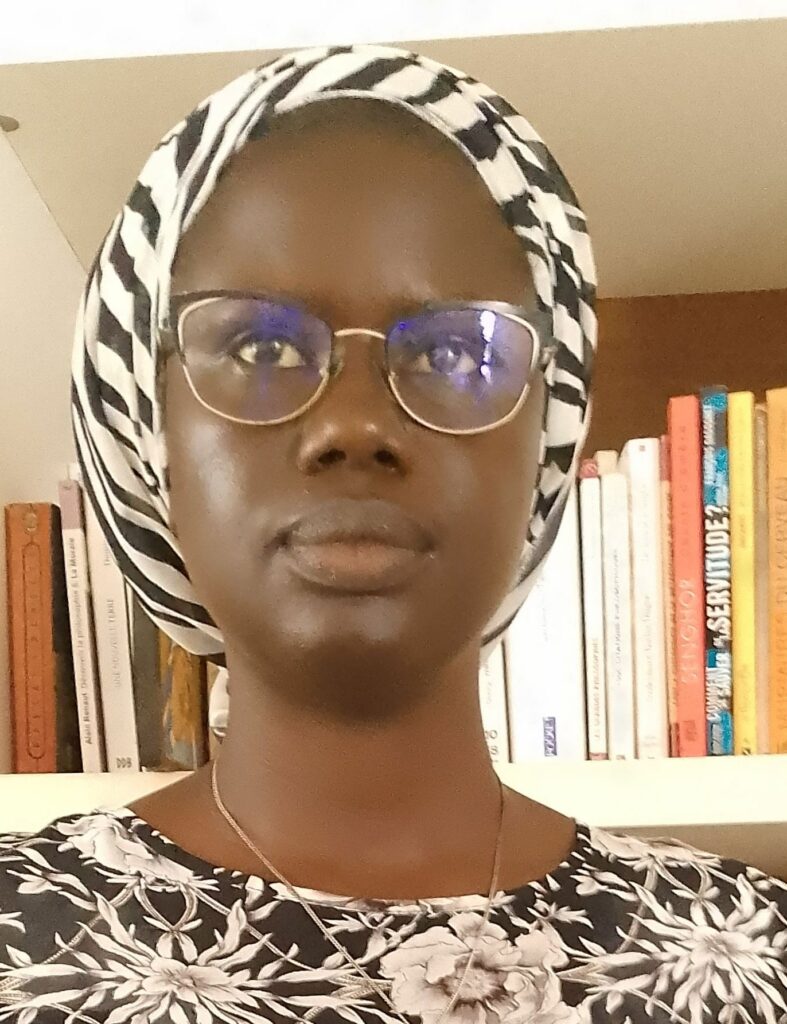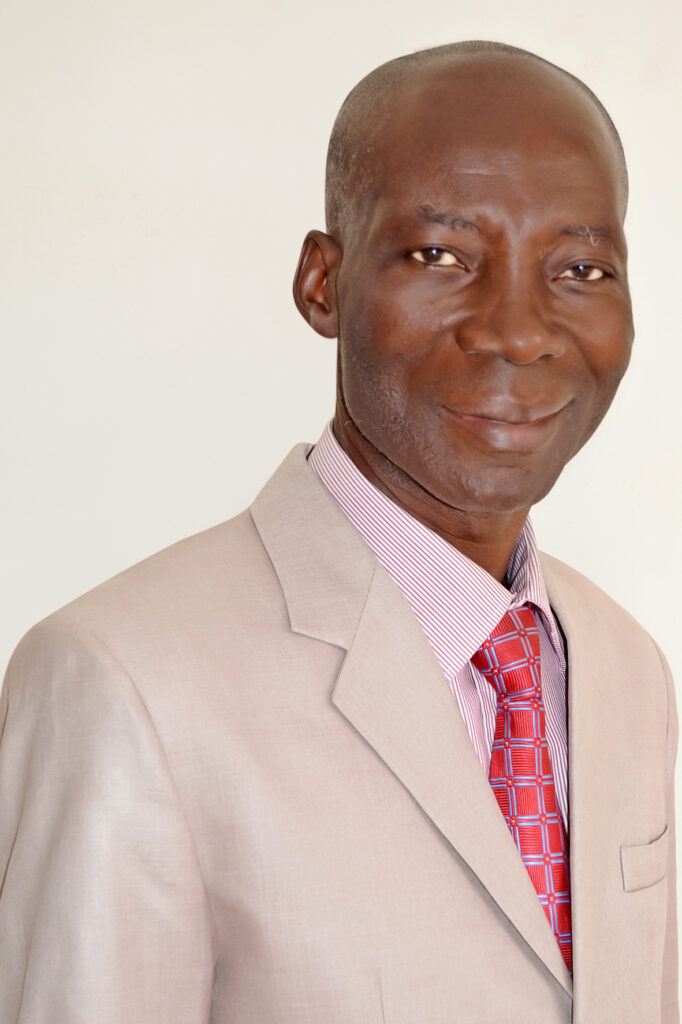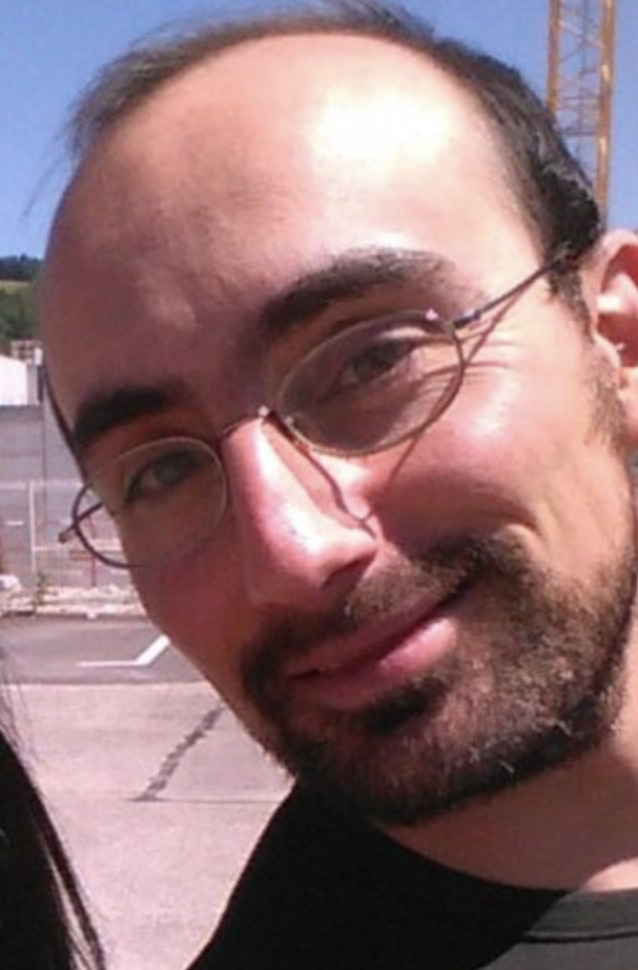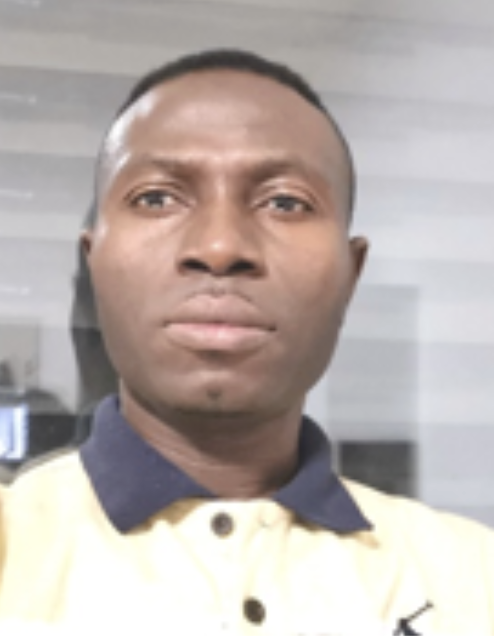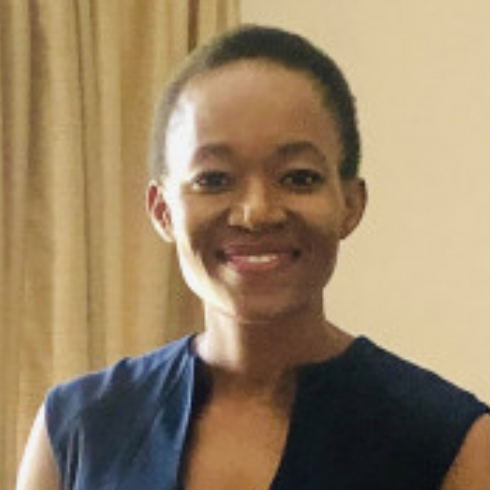This year, TransVision goes to Africa. The Ivory Coast Society for Transhumanism (SIVOT), the French Transhumanist Association (AFT-Technoprog), the African Institute of Bioethics and Humanity+ are organizing this multinational gathering, with the aim of critically analyzing the potential of transhumanism to curb poverty and underdevelopment on a global scale. Hence the theme of the TransVision congress, Abidjan 2025: What transhumanism can do for development in Africa ?
Indeed, the fight for development and against hunger remains one of the major challenges facing a significant proportion of humanity. Although the absence of resources is generally perceived as the defining characteristic of poverty, there are communities that are considered destitute less because of a lack of resources than because of a lack of the technical means required to exploit such potential. In fact, poverty appears to be the appendage of technological inadequacy, but can it not be eliminated by enhancing human technological capabilities? Under what conditions can the augmented human being be a possible solution to the shortfall in wealth production, and thus a solution to poverty and underdevelopment
Non-exhaustive themes
5 themes
– Education: training in transhumanism while fighting poverty
– Culture: rethinking local traditions in the light of technological progress
– Ethics: analyzing the primacy of technological being over material possession
– Equity: thinking about the conditions for equitable access to transhumanism
– Strategy: imagine the receptivity of transhumanism in Africa in 2030
To have a look at past editions of the conference, including videos of the talks, please visit our page on H+Pedia.

